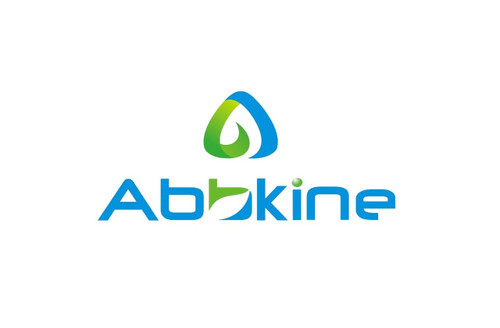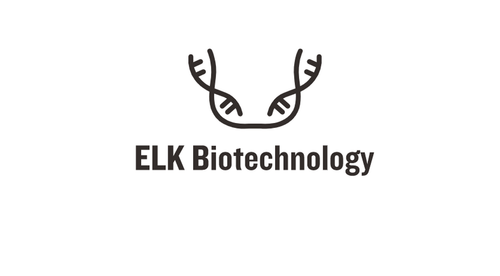Product Description
Rat Urokinase plasminogen activator (uPA) ELISA Kit | AE27145RA | Abebio
Species Reactivity: Rat (Rattus norvegicus)
Abbreviation: PLAU
Alternative Name: ATF; UPA; URK; u-PA; U-plasminogen activator|plasminogen activator; urinary|urokinase-type plasminogen activator
Application: ELISA
Range: 0.156-10 ng/mL
Sensitivity: 0.069 ng/mL
Intra-Assay: ≤5.3%
Inter-Assay: ≤7.6%
Recovery: 0, 95
Sample Type: Serum, Plasma, Other biological fluids
Detection Method: Sandwich
Analysis Method : Quantitive
Test Principale: This assay employs a two-site sandwich ELISA to quantitate PLAU in samples. An antibody specific for PLAU has been pre-coated onto a microplate. Standards and samples are pipetted into the wells and anyPLAU present is bound by the immobilized antibody. After removing any unbound substances, a biotin-conjugated antibody specific for PLAU is added to the wells. After washing, Streptavidin conjugated Horseradish Peroxidase (HRP) is added to the wells. Following a wash to remove any unbound avidin-enzyme reagent, a substrate solution is added to the wells and color develops in proportion to the amount of PLAU bound in the initial step. The color development is stopped and the intensity of the color is measured.
Product Overview: Urokinase-type plasminogen activator is a serine protease involved in degradation of the extracellular matrix and possibly tumor cell migration and proliferation. The protein encoded by this gene converts plasminogen to plasmin by specific cleavage of an Arg-Val bond in plasminogen. This gene's proprotein is cleaved at a Lys-Ile bond by plasmin to form a two-chain derivative in which a single disulfide bond connects the amino-terminal A-chain to the catalytically active, carboxy-terminal B-chain. This two-chain derivative is also called HMW-uPA (high molecular weight uPA) . HMW-uPA can be further processed into LMW-uPA (low molecular weight uPA) by cleavage of chain A into a short chain A (A1) and an amino-terminal fragment. LMW-uPA is proteolytically active but does not bind to the uPA receptor.
Stability: The stability of ELISA kit is determined by the loss rate of activity. The loss rate of this kit is less than 5% within the expiration date under appropriate storage condition. The loss rate was determined by accelerated thermal degradation test. Keep the kit at 37°C for 4 and 7 days, and compare O.D.values of the kit kept at 37°C with that of at recommended temperature. (referring from China Biological Products Standard, which was calculated by the Arrhenius equation. For ELISA kit, 4 days storage at 37°C can be considered as 6 months at 2 - 8°C, which means 7 days at 37°C equaling 12 months at 2 - 8°C) .
 Euro
Euro
 USD
USD
 British Pound
British Pound
 NULL
NULL












